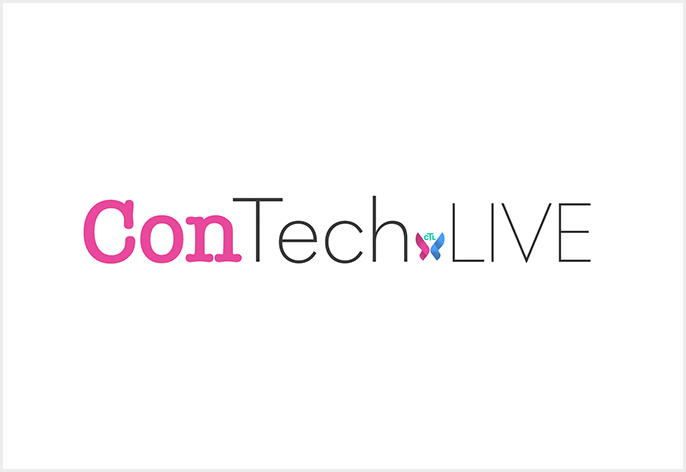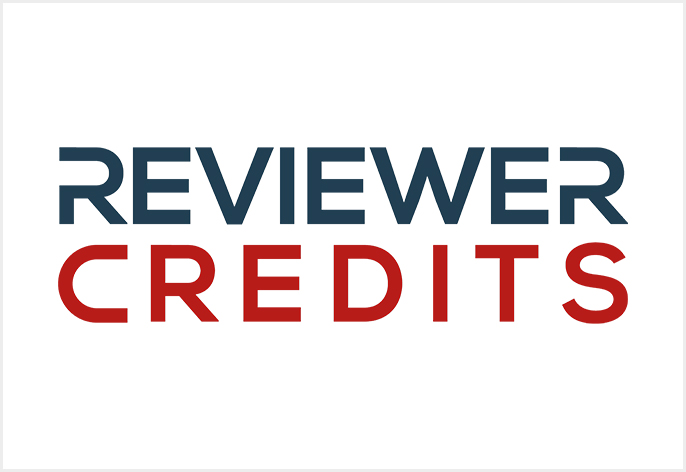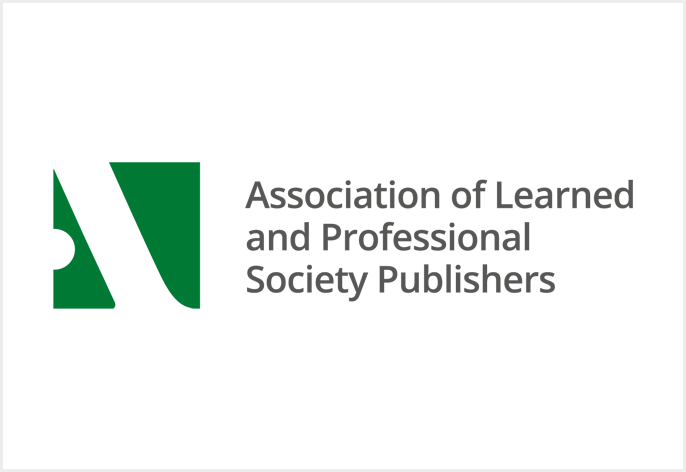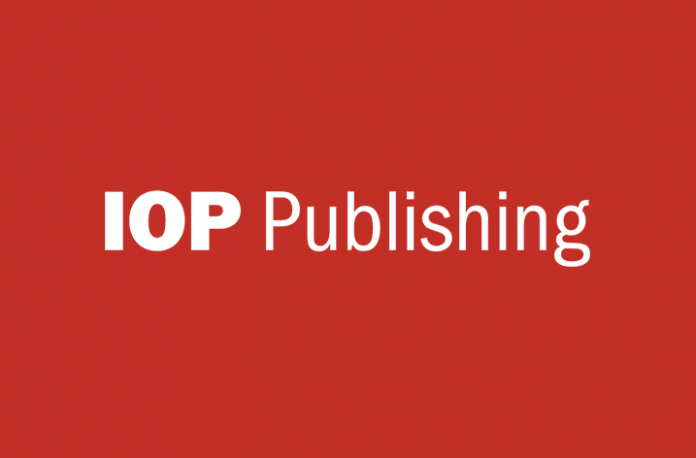Public trust in science can be boosted if major funding bodies adopt improved, standardized policies for data sharing and open access research, say the authors of a new report.
Ripeta – a Digital Science company dedicated to supporting and building trust in science – has today released its inaugural report: The State of Trust & Integrity in Research.
Containing contributions from a range of experienced authors – including from the National Institutes of Health (NIH), other external commentators and Ripeta itself – the report deals with issues of fostering public trust in science, and improving integrity in research through policies, data sharing, and open access practices.
It also includes a comparison of the policies and practices of five of the world’s major research funders.
Dr Leslie McIntosh, Founder and CEO of Ripeta, says: “In this rapidly changing world with trust in science having been shaken to its foundations, now more than ever it’s critical that we look at all aspects of how trust in science can be best supported and strengthened.
“There have been several high-profile cases in recent years in which seemingly legitimate studies have been found to include fabricated data, and this helps to illustrate what’s at stake: millions, or potentially billions of dollars in taxpayers’ money going to waste on studies that could have been diverted towards more worthy research, and a risk to public health, for example, from having illegitimate research shape clinical approaches.
“Between expert insights and our own analyses at Ripeta, this inaugural report offers a peek into trust and integrity in research through the lens of funder policies. These policies have been developed to increase quality research outputs and thus the trust in scientific research. It’s important, therefore, that we highlight what those policies are and how they’re working in practice, and to compare different approaches across the world.
“Ultimately, this report has come about because we are concerned about making science better, and making better science easier. The authors of this report foster ideas for decision-making around data sharing, open access, and to boost the community’s understanding of and trust in research,” Dr McIntosh says.
Exclusive analysis by Ripeta in one section of the report compares the policies and practices of five major world funders: the Bill and Melinda Gates Foundation, the European Commission (EC), the National Institutes of Health (NIH) in the United States, the National Natural Science Foundation of China (NSFC), and the German Federal Ministry of Education and Research (BMBF).
The analysis shows that although each of the funders have their own policies in place to support data sharing, there are discrepancies between those policies and how they translate into practice.
For example, the number of research papers published in open access (OA) journals varied greatly depending on the funder. The NIH (95%) and the Bill & Melinda Gates Foundation (93%) far outstripped the representation of OA publications of other funders, especially the NSFC (33%).
In addition to its detailed analysis of the five major funders, Ripeta found that with regard to 62 key funders worldwide:
- 71% of funders required data management plans
- 68% of funders covered expenses of data management and sharing
- 66% specifically mentioned data sharing repositories as a mechanism of making data publicly accessible
- 26% of policies mentioned how long data should be retained.
Locating funding agency policies proved to be particularly difficult, with many not surfacing through web searches. There was also significant policy variability between funding agencies, with many policies having differing requirements for implementation.
Utilizing Ripeta’s services, funders and government agencies have the ability to analyze and monitor compliance within established open science or data management and sharing policies, while also identifying areas of good institutional research practice.
“Policies are critical pieces of infrastructure and key incentives for advancing trust and integrity in research, when implemented. But it’s not enough to simply have policies in place,” Dr McIntosh says.
“Given the variability in and across funding agency policies for data management and sharing, our recommendation is that harmonization across agency policies – at least at the national level – would be a significant benefit.
“Researchers often have multiple grants simultaneously in progress, and varying requirements for data management and sharing complicates compliance. Fine-tuning policies to streamline research practices may improve both researcher compliance and science,” adds Dr McIntosh.
The full report – The State of Trust & Integrity in Research: Perspectives on Data Sharing, Policies and Practice – can be found here: https://doi.org/10.6084/m9.figshare.20497062
For more information about how Ripeta can help make better science easier – for publishers, funders, researchers and academic institutions – please visit the Ripeta website.
































